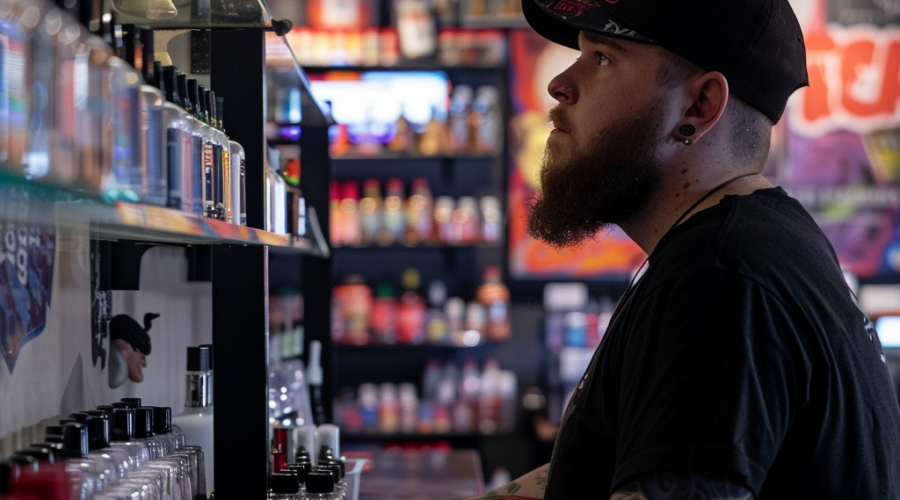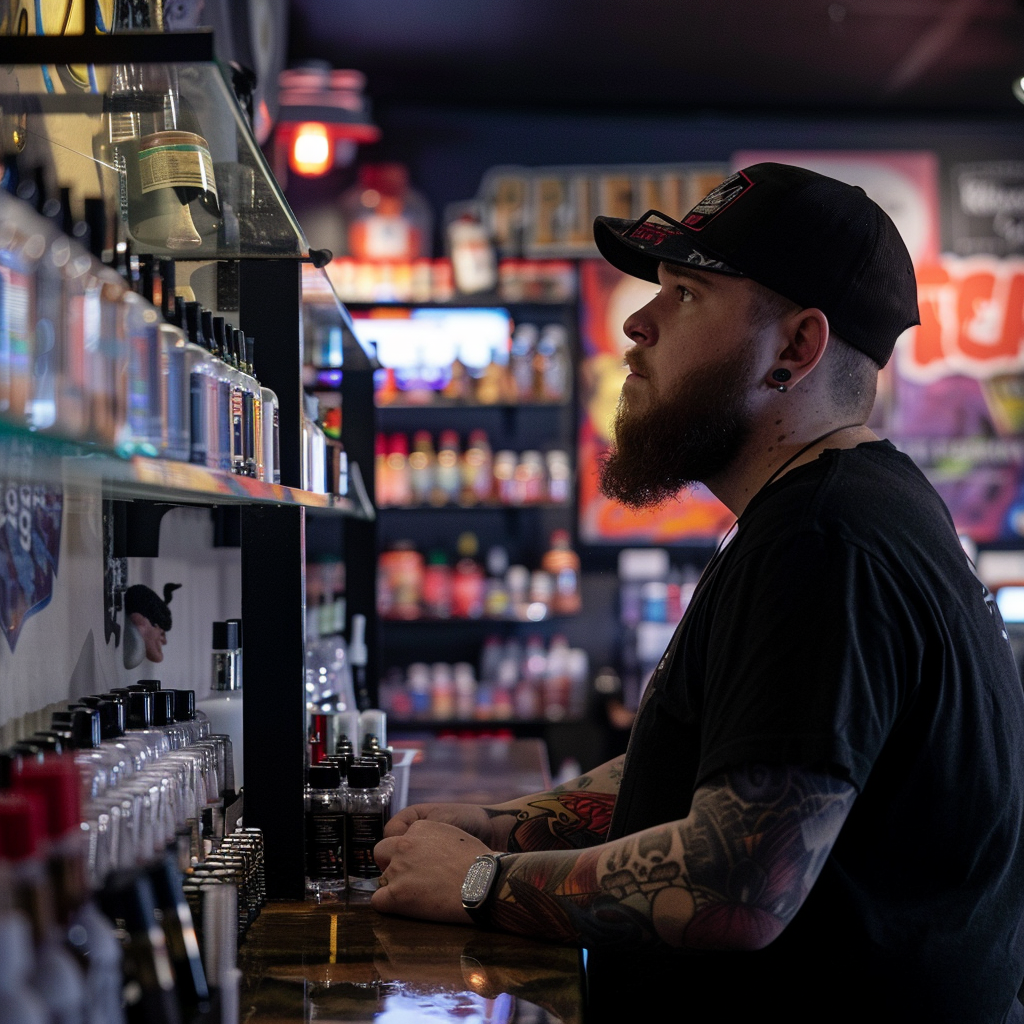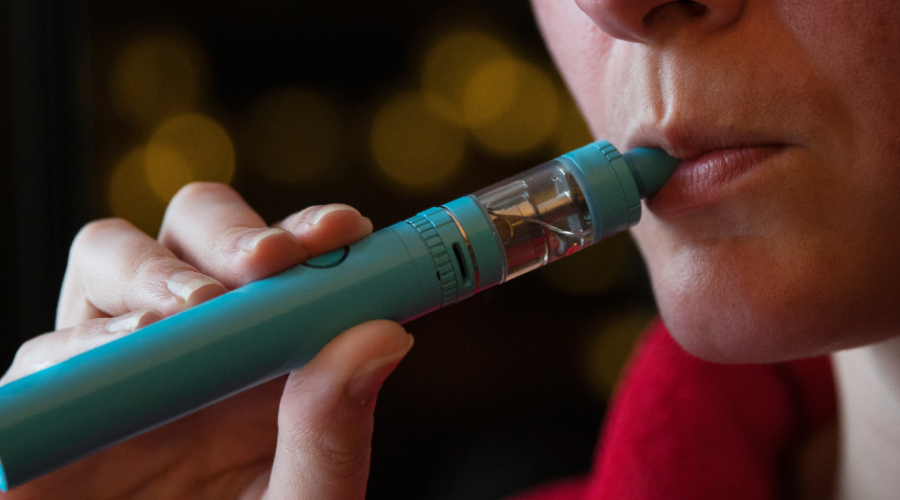FDA Urged to Prioritize Access to Safer Alternatives
Consumer advocates spoke out against what they describe as the U.S. Food and Drug Administration’s “alarming neglect” in facilitating access to safer nicotine alternatives for millions of adult consumers during a House Oversight hearing today.
“Despite the bipartisan mandate of the Tobacco Control Act of 2009, the FDA’s performance has fallen short of expectations, leaving countless individuals without viable options to effectively transition away from combustible cigarettes,” the Consumer Choice Center wrote in a press note.
“With over 26 million premarket tobacco product applications (PMTA) languishing in bureaucratic limbo, the FDA has only authorized fewer than 50 granted to just a handful of firms, completely disregarding the 180-day review deadline set imposed by Congress,” said Consumer Choice Center U.S. Policy Analyst Elizabeth Hicks.
“Less than 10 unique devices are available on the regulated marketplace, all of which come from industry incumbents, not to mention the growing categories of nicotine alternatives such as heaters, pouches, toothpicks, and more.
Read the full text here












